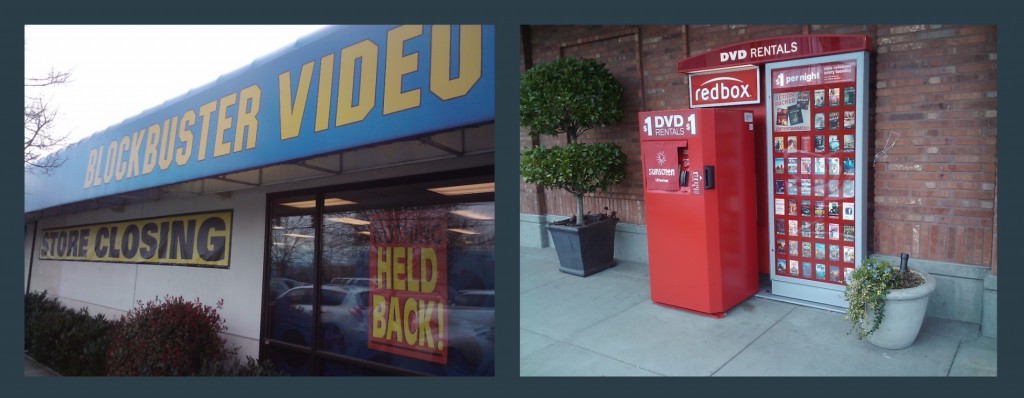 Think about the culture of your organization. Are you allowed to fail, is it encouraged, learned from, or it is something to be avoided at all costs. Recognize that as organizations mature they become less tolerant of risky, unproven, new ventures that have uncertain potential.
Think about the culture of your organization. Are you allowed to fail, is it encouraged, learned from, or it is something to be avoided at all costs. Recognize that as organizations mature they become less tolerant of risky, unproven, new ventures that have uncertain potential.
In public companies, beholden to the perceived needs of investors, this is troublesome. While these skittish companies and the leaders that drive them focus on short term needs of investors, more fearless upstarts are redefining industries and taking away customer mind share.
This explains in part why the traditional car rental companies did not recognize or act upon the needs for consumers to share cars in their community. Car sharing experiments have been going on in earnest since the 1990’s. The cultures at Flexcar and Zipcar focused on building their car sharing services and redefining the way people thought about transportation, rather than obsessing about risks, potential failure, and what didn’t fit the status quo. Rather than Hertz car rental “creating” value by buying Dollar Thrifty car rental, as a shareholder, I’d rather they had observed what was happening with car sharing services and stepped in as an innovative leader to develop the opportunity for would be customers as well as shareholders. Is this a lack of imagination or risk aversion? That is a question best left for Hertz Chairman and CEO, Mark P. Frissora.
Sidenote: A Short History of Carsharing in the 90’s
History of Zipcar
Motorola, RIM, and Nokia didn’t lead the touch revolution. Microsoft didn’t lead search, Google didn’t lead social networking, and Facebook isn’t leading the next revolution. Similarly, traditional movie rental company, Blockbuster didn’t see or act upon the potential alternatives to visiting physical video stores. Think of the cost disadvantage they had as upstarts Redbox and Netflix began installing rental kiosks in grocery stores and using lower cost video by mail services.
Archaic industries and even governments are struggling to remain relevant in the world full of consumer choice. Communications technologies and our social connectivity enables us to see and imagine firsthand the possibilities. Banking, Automobiles, Grocery Stores, Software, Communications, Postal Services, Health Care, Government Services, Education, and nearly everything is ripe for assault. Newer rivals may well be using technology innovation and customer experience as the Jujitsu* against the incumbent status quo.
If you are not proactively reinventing your industry, products, and services then you may be walking in the gun sights of future upstarts.

If you are a business leader ask yourself 3 questions.
- who in your organization is serving as your eyes and ears, scanning the horizon, sifting the landscape to help you determine what’s next?
- When they tell you what’s next, do you have the courage to listen and advance ideas? Or, are you filtering out ideas because they don’t fit existing patterns and mental models?
- Is there an active conversation about making the customers’ experience better in your organization? Or is the experience still left to chance, spread across organizational silos.
Instead of being a potential jujitsu victim, imagine your company as the courageous one, embracing failure, learning from customers and the world outside your organization, to invent and become what’s next.
*Jujitsu also Jujutsu- the technique of using the opponents force against himself

